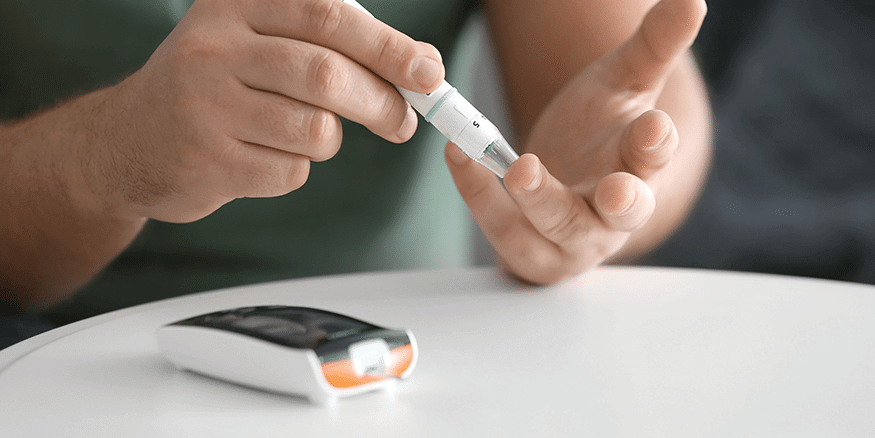American Diabetes Association Recommends Screening All Diabetes Patients for Nonalcoholic Fatty Liver Disease
The American Diabetes Association (ADA) issued guidelines stating that all adults diagnosed with type 2 diabetes or prediabetes should be screened for nonalcoholic fatty liver disease (NAFLD), a condition associated with liver damage.
The ADA also highlights GLP-1 treatments. Known for their effectiveness in lowering blood sugar and promoting weight loss. As a potential consideration for doctors treating patients with diabetes and NAFLD.
NAFLD, characterized by the accumulation of excess fat in the liver, is estimated to affect approximately 24% of U.S. adults. Its more severe form, nonalcoholic steatohepatitis (NASH), which involves inflammation and scarring of the liver. It has become a leading cause of liver transplantation and liver cancer.
The ADA has recognized the growing prevalence of Nonalcoholic Fatty Liver Disease. And the need for increased awareness among healthcare professionals addressing diabetes.
According to the ADA’s recommendations, all diabetes patients should be screened using a fibrosis-4 index. Calculated based on age and blood measures of ALT, AST, and platelet count.
Individuals with a high index should undergo further tests such as liver stiffness measurement or the enhanced liver fibrosis test.
Those at high risk for liver scarring (fibrosis) should be referred to a gastroenterologist or hepatologist for further evaluation and management.
You may also like: What to Drink to Detox Your Body?
Treatment Approaches for Nonalcoholic Fatty Liver Disease

Once diagnosed with Nonalcoholic Fatty Liver Disease, patients should be advised to lose weight through lifestyle changes. And doctors may consider prescribing a GLP-1 drug or pioglitazone, an older diabetes medication.
While GLP-1 drugs have potential in resolving NASH, there is limited evidence of their effect on liver scarring. Other diabetes medications primarily used for lowering blood sugar have shown limited efficacy in treating Nonalcoholic Fatty Liver Disease.
Current data on the efficacy of GLP-1 treatments in NAFLD is limited, but ongoing studies are exploring their potential benefits.
Some newer versions of GLP-1 drugs in development, targeting not only the GLP-1 hormone but also the glucagon hormone, have shown promising results in reducing liver fat. Additionally, other drugs in the pipeline for NASH may prove more effective than GLP-1 treatments.
The ADA’s recommendation for screening all diabetes patients for Nonalcoholic Fatty Liver Disease underscores the increasing recognition of the condition’s impact on liver health.
With no approve medications specifically for NAFLD, the use of GLP-1 treatments is considered based on their potential benefits in managing blood sugar levels and promoting weight loss.
Ongoing research and the development of new treatments offer hope for improved outcomes in patients with NAFLD and diabetes.





